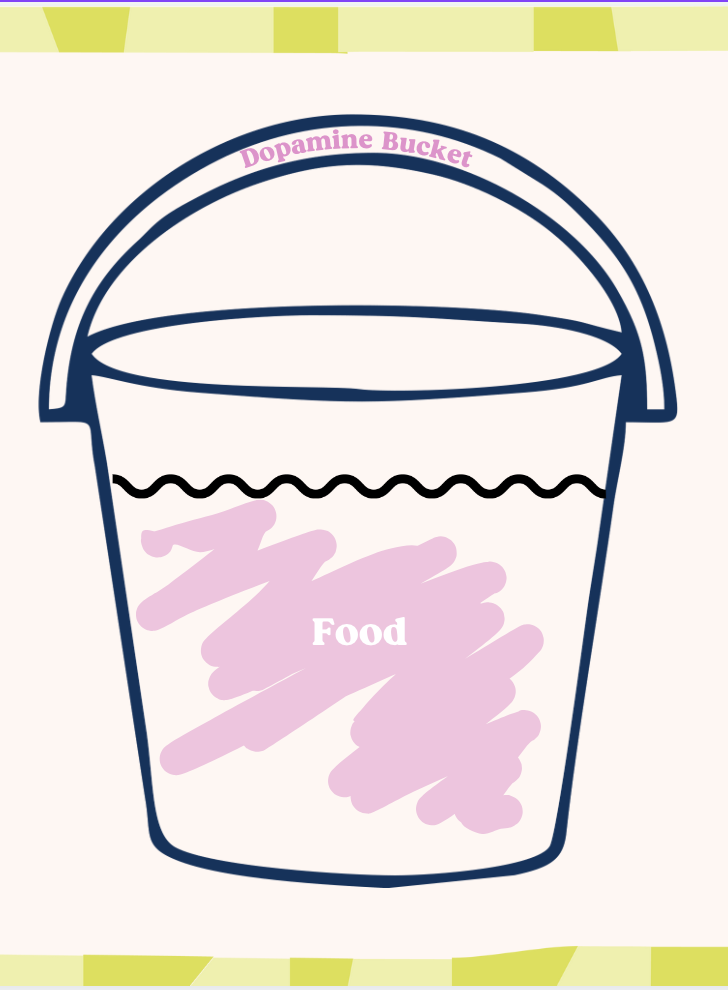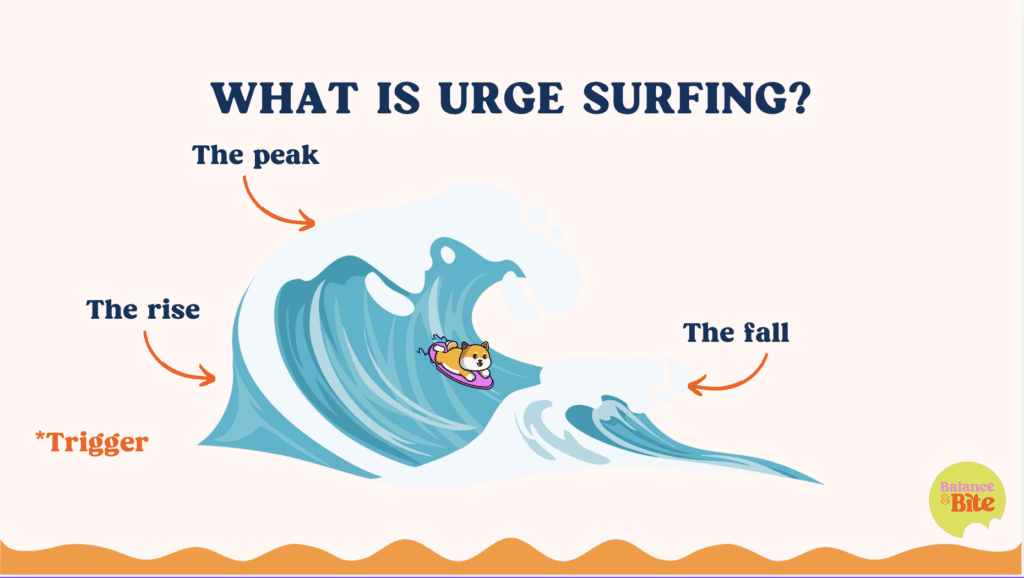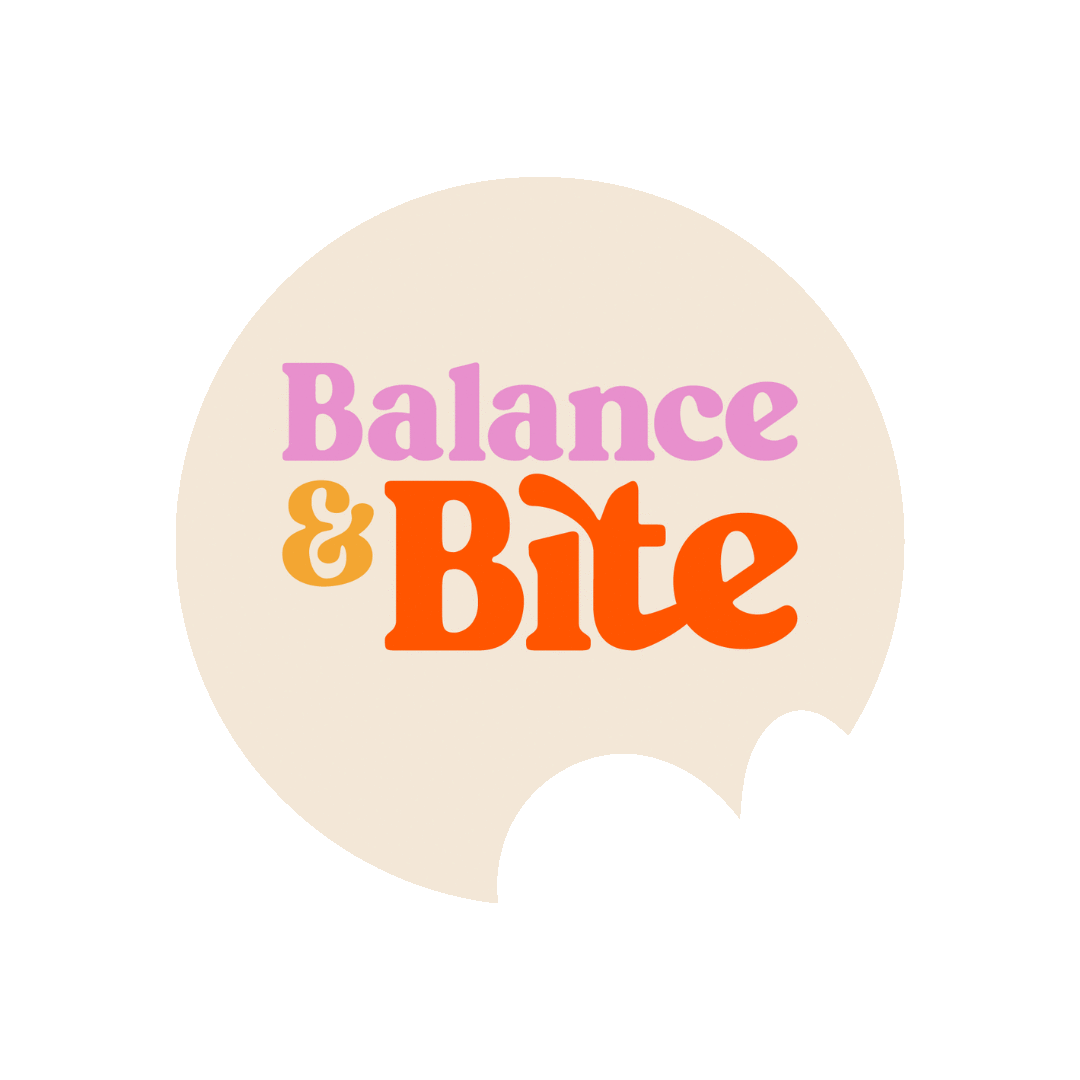It’s 8 pm on Tuesday night, and you’re sitting on the couch watching some okay prime-time TV show (cough: The Block), and suddenly, a thought pops into your mind, “There’s chocolate in the cupboard.” Before you know it, your TV show’s finished, and so’s your block of chocolate. The next minute, you’re Googleing for the hundredth time, “How do I stop eating when I’m bored?” feeling frustrated, guilty, and embarrassed because you have no control or willpower.
But here’s the thing: eating when you’re bored is entirely normal and okay.
If you notice you’re reaching for food the moment you lack entertainment (aka a few times a day), it’s understandable if you want to stop eating when you’re bored. In this article, I’ll share the strategies I use with my clients to help them reduce their reliance on food to cope with boredom that you can steal.


What is boredom eating?
Boredom eating, as it sounds, is eating food when you’re bored. If you’re reaching for snacks, particularly chips, lollies, or chocolate, when you’re not hungry to distract you or provide entertainment and stimulation, we’d classify this as boredom eating.
How to stop boredom eating
While many so-called “experts” tell you to just for a walk or distract yourself with another activity to stop boredom eating, I find this recommendation far too simplistic and doesn’t address the actual issues.
We reach for food to cope with boredom for two main reasons
- We struggle to execute other activities (the things we’re supposed to distract ourselves with), which is very common if you have ADHD
- We’re actually hungry (and bored)
That’s why I recommend the following …
Five steps to help you combat boredom eating
Step 1. Make sure you’re eating regularly during the day
If you’re not eating enough during the day, it’s understandable if you have a strong urge to eat at night. We tend to blame these cravings and extra nighttime snacking on being bored, but there’s a chance you’re hungry.
I know what you’re thinking. “How do I know if I’m hungry or bored?” The first question is, “Did you eat three meals + snacks during the day”? If the answer is nowhere near this much food, then there’s a good chance hunger drives your nighttime eating. If you eat enough during the day and don’t notice the signs of hunger (rumbling stomach, dry mouth, irritability), you’re likely eating at night because you’re bored.
Step 2. Prioritise self-care
Even if you’re eating regularly and eating enough, if you’re constantly putting your needs last (e.g. working overtime, chasing after kids, fighting a cold, neglecting the things that bring you joy), it’s normal to reach for food even if you’re not hungry.
Step 3. Fill your dopamine bucket with other activities too
Our dopamine levels are low when we’re bored, and eating increases our dopamine levels, making us feel good. The most common reason we reach for food when bored is because it’s the quickest and most accessible tool (and sometimes our only tool) to boost our dopamine levels. If you want to increase your dopamine without using food (aka stop boredom eating), you need to fill your dopamine bucket with other activities.




Step 4. Urge surf
The idea of just going for a walk or distracting yourself with another task is a good idea as long as it doesn’t involve the words “to stop you from eating”
Why? Because it’s so all-or-nothing and can
- Make you want to eat food more
- Make you feel guilty if you end up eating when you’re bored.
I prefer the urge surfing and using another activity from your dopamine bucket to help you feel less reactive and be able to respond to your urge.


For example, you get the urge to reach for chocolate because you’re bored, but instead of reacting to this urge and heading straight to the cupboard, you pause and put on a record. You listen to music for 5 minutes and take some deep breaths. Once this time passes, you have more capacity to respond to your urge to reach for chocolate. You think I can have chocolate if I want, but actually, I’m going to bed soon and want to get a good night’s sleep, so instead, I’m going to hop into bed now, and I can have chocolate tomorrow if I feel like it.
Step 5. Remember, it’s okay to use food to cope with boredom
Food is accessible, delicious, and provides instant relief from uncomfortable emotions or boredom, so keeping food in your dopamine bucket is essential. If we think of boredom eating as bad, it’s likely to lead to binge eating.
Remember, IT’S OK TO USE FOOD TO COPE WITH BOREDOM.
“If you take one thing away from this article, it’s that it’s normal and okay to eat when you’re bored! ”
Erin Murnane – Owner Balance and Bite
What to do if you’re bored
I know what you’re thinking: ” What other activities (besides food) can I do if I’m bored?”
One of the hardest parts is thinking of things to do, but don’t worry, I have a list of 30 activities you can steal.
30 things you can do if you’re bored
- Puzzle
- Call a friend
- Dance
- Walk around the block
- Have a shower
- Wash your face
- Play with your pet
- Clean the dishes
- Read your kids a book
- Weed the garden
- Clean your office
- Play a game on your phone
- Organise the photos on your phone
- Research a holiday
- Scroll Depop
- Make a vision board on Canva
- Journal (Google “journal prompts”)
- Paint your nails
- Organise your cupboards
- Clean out your closet
- Listen to music
- Take three deep breaths
- Listen to a guided meditation
- Play with a fidget toy
- Pause and sit with your feelings
- Make a cup of tea
- Watch TV
- Read a book
- Online shopping
- Listen to a podcast
Boredom Eating FAQ’s
Is it normal to eat out of boredom?
Yes, it’s incredibly normal to eat out of boredom. Food is so accessible and cheap, making us feel better instantly, especially if we’re bored.
Why am I eating when I’m bored?
We eat when we’re bored to cope with or escape our uncomfortable emotions. The most common reason we eat when bored is to boost our dopamine levels. There are other ways to boost dopamine like scrolling on our phones, going for a walk, or talking to a friend – but food is usually our go-to because it’s quick, cheap and accessible.
What’s the difference between boredom eating and mindless eating?
It’s easy to confuse mindless eating with boredom eating. While they’re similar, they’re not the same. Boredom eating is driven by a need to soothe emotions, and we’re usually conscious of our eating. Mindless eating, on the other hand, is unconscious eating; it may be driven by boredom, but you won’t even know you’re eating until moments later (if at all).


Erin’s an Accredited Practising Dietitian & Certified Intuitive Eating Counsellor. She uses a non-diet approach and weight-inclusive care to help her clients reclaim a healthy relationship with food and their bodies free of guilt, shame and restriction.












View comments
+ Leave a comment